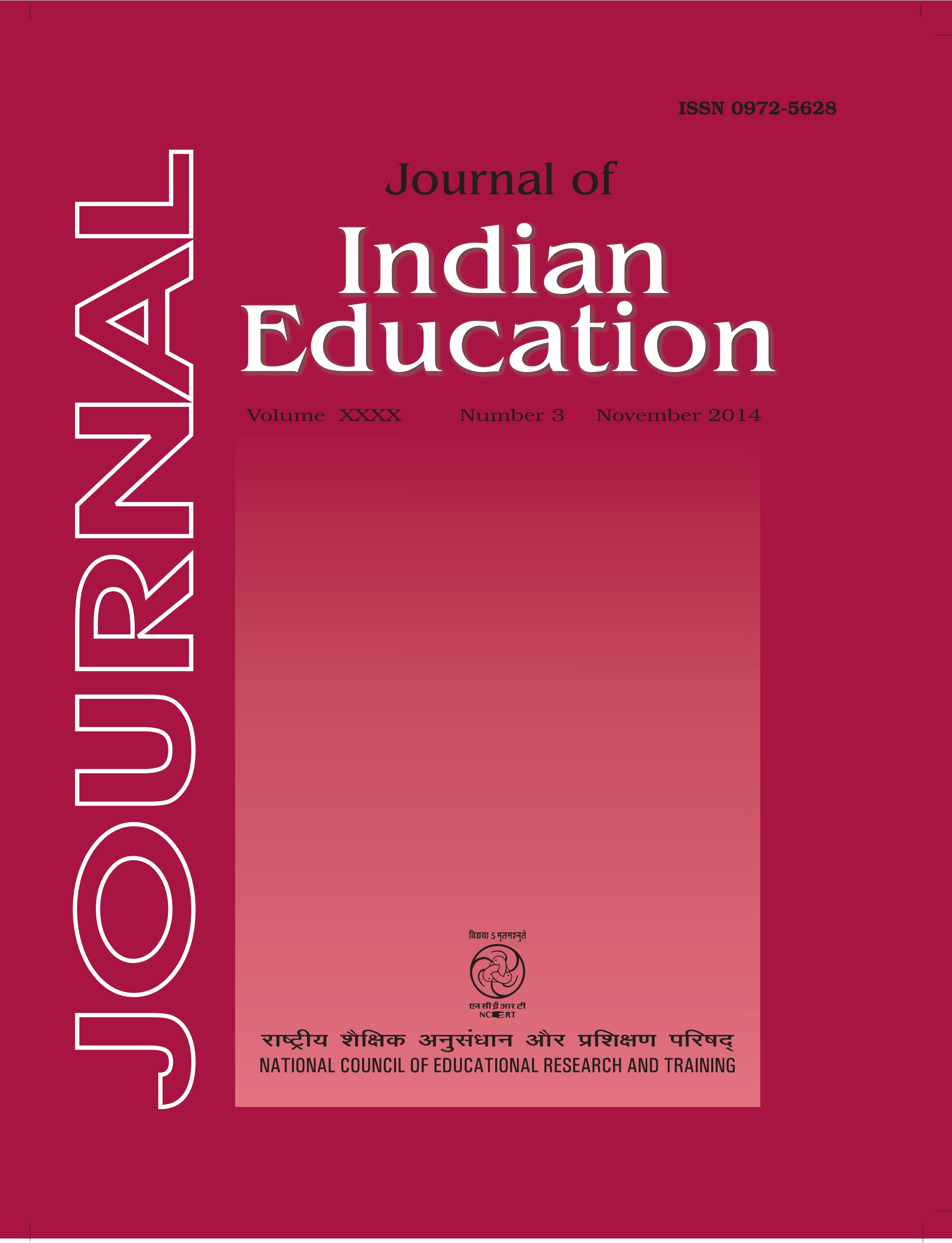Published 2024-12-12
Keywords
- Educational Policy,
- Elementary Education,
- Child Abuse
How to Cite
Abstract
Corporal punishment is a major and commonly known form of violence in schools that deepens the crisis in learning. In India even if corporal punishment has traditionally been integral to and socially acceptable as a means of discipline during schooling, this has often resulted in child abuse. With this background, the paper attempted to examine corporal punishment in elementary schools in terms of its policy perspective, modes of prevalence, and occurrence pattern along with students’ beliefs about it. It was observed that many countries, including India have developed some legal bindings and stringent policies to ban and regulate such punishment in schools. Despite these measures, incidences of corporal punishment in Indian schools continue to occur even today. Many such unpleasant incidents too occur on daily-basis in many schools of Assam. A field-based study in some elementary schools of Nagaon District of Assam revealed that corporal punishment is given to students in terms of ‘scolding’ and ‘physical punishment’. The range of its occurrence is much wider in rural schools than urban ones at elementary level. The type, frequency, level, and range of punishment to students by the urban teachers were lower than their rural-counterparts. Parents of rural school children supported teachers’ scolding to children more than their urban counterparts. Nearly 50 per cent of rural parents and 40 per cent of urban parents punished their children physically at home. The parents irrespective of urban and rural background too believed that corporal punishments at home don’t psychologically hamper the individuality and freedom of their young children. Both urban and rural school children felt humiliation equally when teachers punished them in front of other teachers, staffs and classmates in the school. It is believed that continuity of corporal punishment, not alone but along with cognate factors, in elementary schools in the long run may prove dangerous and even fatal to universalisation of elementary education and its quality which the country is striving for nearly seven decades.

